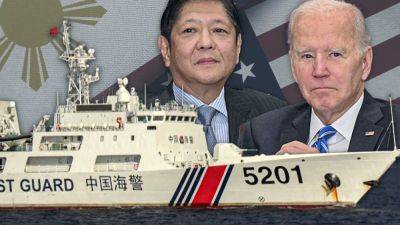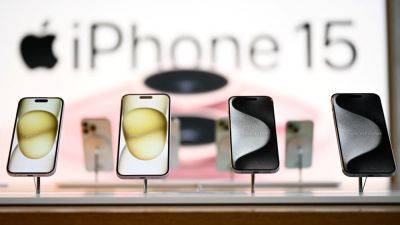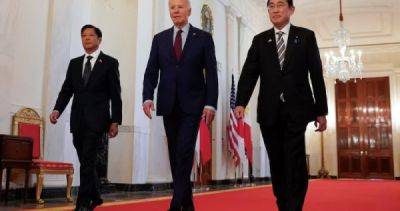U.S. loses its spot to China as Southeast Asia's most favored ally, survey finds
A majority of Southeast Asians would align with China and not the U.S. if forced to pick sides, though some countries that feel threatened by Beijing's South China Sea claims still prefer Washington, according to a regional survey.
This is the first time Beijing has edged past Washington since 2020 when the annual survey first posed the question. The U.S. as a preferred choice dropped to 49.5% from 61.1% last year.
The survey was conducted by Singapore-based think tank ASEAN Studies Centre at ISEAS–Yusof Ishak Institute between Jan. 3 and Feb. 23 with 1,994 respondents from academia, business, government, civil society and the media.
Respondents were from the Association of Southeast Asian Nations, with the highest number of participants from Singapore and Indonesia.
China at over 50% emerged as the most strategically relevant partner for ASEAN, edging past the U.S., while Japan continues to be the most trusted major power in the region, the survey revealed.
China and ASEAN have mutually been the largest trading partners for four consecutive years, with trade volume reaching $911.7 billion in 2023.
However, half of the respondents also expressed distrust toward China, with 45.5% saying that they fear Beijing could use its economic and military power to threaten their country's interest and sovereignty, the report said.
China's aggressive behavior in the South China Sea is the Philippines' (90.2%) and Vietnam's (72.5%) top concern, the region's two frontline South China Sea claimant states.
The Philippines President Ferdinand Marcos Jr. told Bloomberg last month that his government's claims on certain parts of the South China sea should not be viewed as provoking China.
"This is not poking the bear, as it were. We are trying to do






